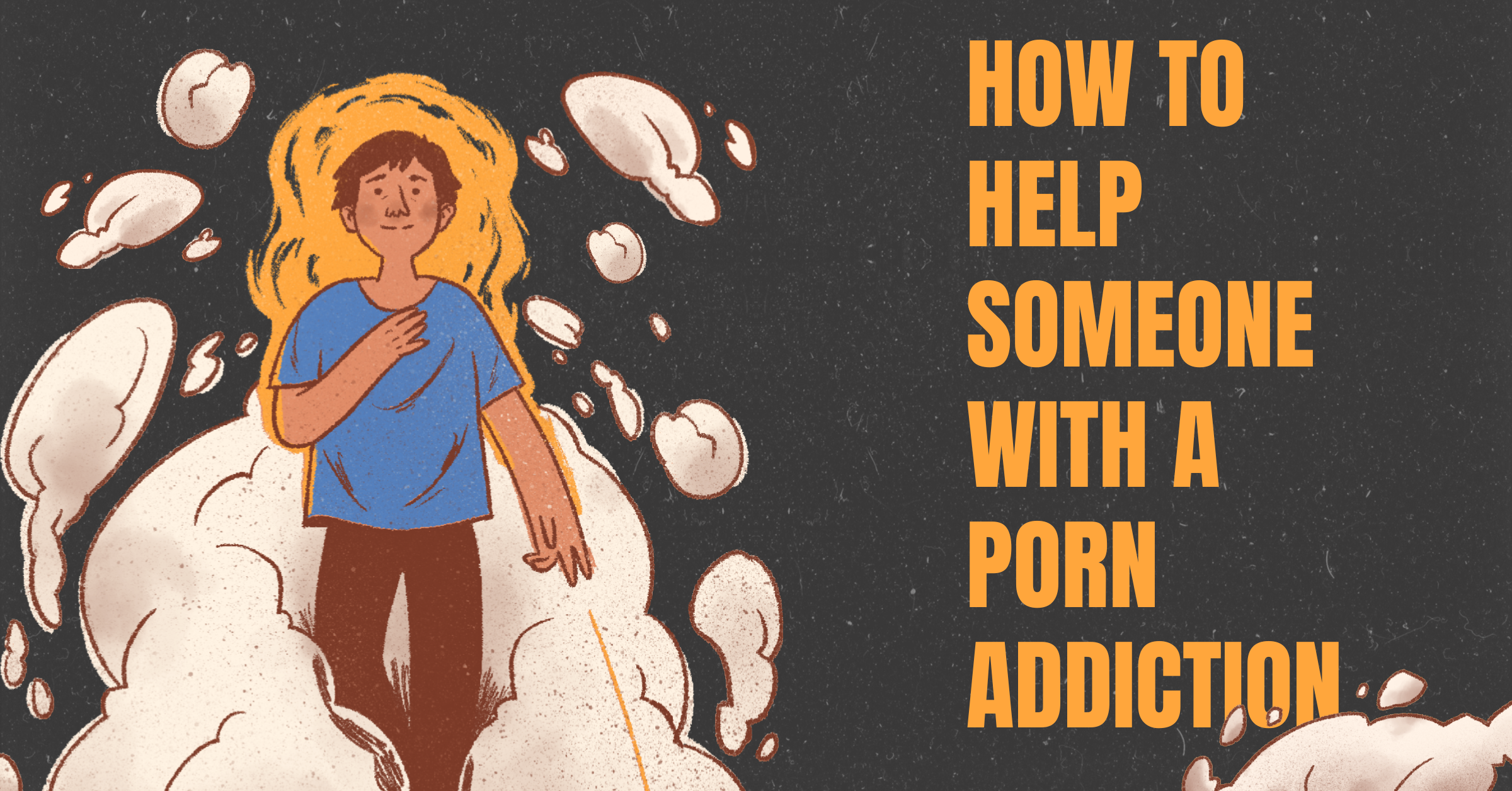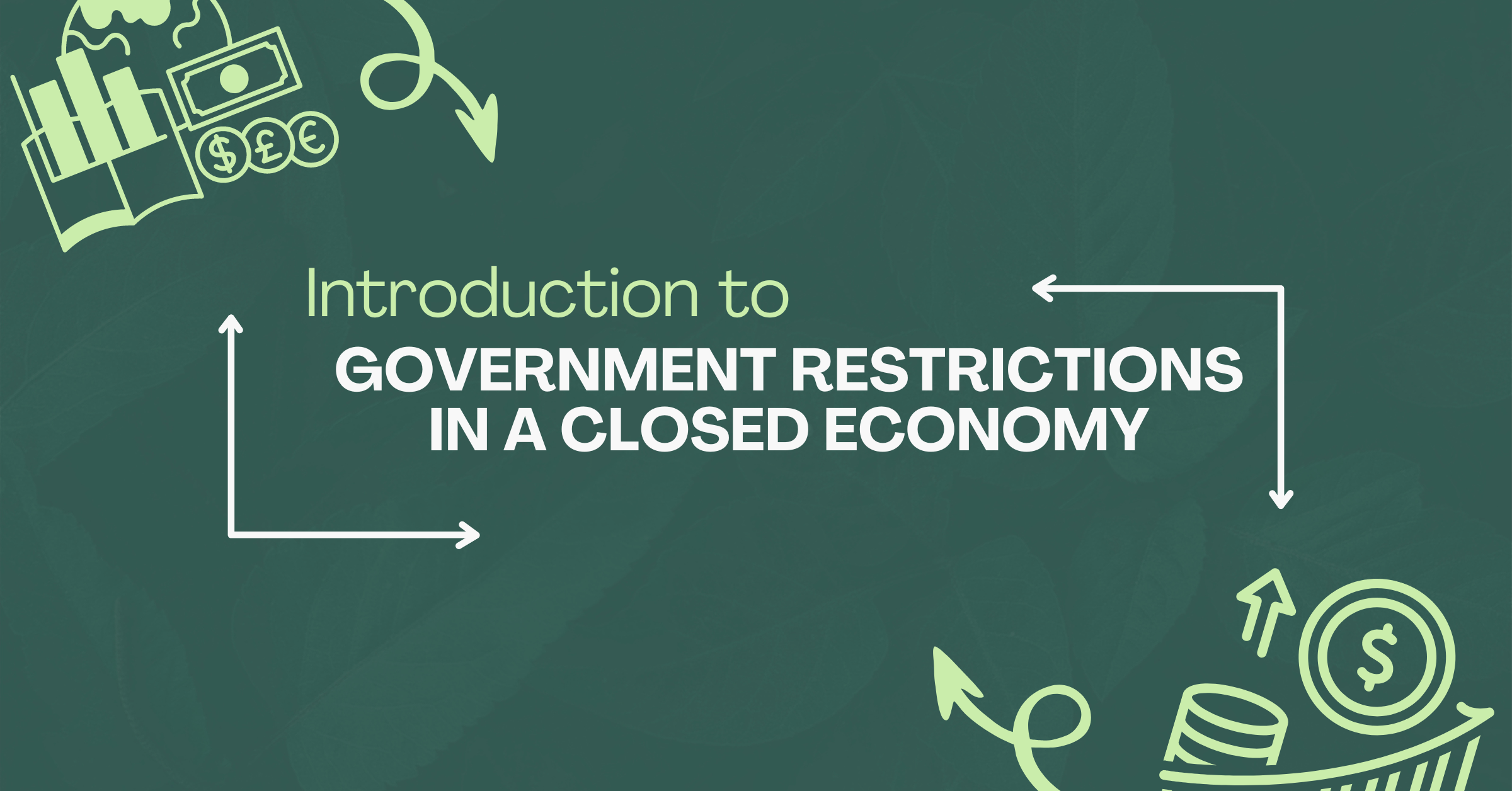How to Help Someone with a Porn Addiction Introduction Porn addiction is a serious problem that affects many people. This document is important to explain how to help someone suffering from a porn addiction. This addiction can damage relationships, mental health, and overall well-being. However, healing is possible with the right support. In this article, we will explore powerful incentives to help someone experiencing a porn addiction. It is easy to upload content with short sentences and clear explanations. porn addiction symptoms , porn addiction resources
Porn addiction occurs when a person cannot control their desire to watch porn. It has become a habit that they do for comfort or relaxation. This addiction is similar to other types of addiction, such as drugs or alcohol. At the sight of porn, the brain releases a chemical called dopamine, which is a feel-good chemical. Over time, the person gets the same feeling and craves more, leading to addiction.
Symptoms of Porn Addiction
Recognizing the symptoms of porn addiction is the first step toward helping someone. Some common signs include:
- Spending too much time watching porn
- Neglecting responsibilities because of porn use
- Feeling guilty or embarrassed after watching porn
- Hiding your porn use from others
- Trying to quit but repeatedly failing
If you notice these symptoms in someone, it’s important to approach the situation carefully.
Why is porn addiction harmful?
Porn addiction can have many negative effects. It can damage relationships, as the person may become distant or lose interest in their partner. It can also lead to feelings of embarrassment and guilt, which can harm mental health. In some cases, porn addiction can cause problems at work or school due to a lack of focus and motivation.
Additionally, porn addiction can distort a person’s view of sex and relationships. They may develop unrealistic expectations or become desensitized to real-life intimacy. Over time, this can lead to dissatisfaction and frustration.
How to Start the Conversation
Starting a conversation about porn addiction can be challenging. The person may feel embarrassed or defensive. However, it’s important to approach the topic with empathy and understanding. Here are some tips:
- Choose a private and comfortable setting
- Use “I” statements, such as “I noticed you’ve been stressed lately”
- Avoid blaming or judging
- Listen without interrupting
- Express concern and offer support
The goal is to create a safe space where the person feels understood and supported.
Encourage open communication
Encouraging open communication is the key to helping a person suffering from porn addiction. Let the person know they can talk to you without fear of judgment. Be patient and understanding, even if they’re not ready to open up right away. Sometimes, just knowing that someone is there to listen to you can make a huge difference.
Suggest professional help
Overcoming a porn addiction often requires professional help. Addiction therapists can provide valuable support and guidance. They can help the person understand the root causes of their addiction and develop healthy coping strategies. If the person is hesitant to seek therapy, you can help them find a therapist or even go with them to their first appointment.
Locate support groups
Support groups can be a great resource for someone struggling with porn addiction. These groups provide a safe space where people can share their experiences and support each other. It can be comforting to know that they are not alone in their struggle. Encourage the person to join a support group, either in person or online.
Set healthy boundaries
Setting healthy boundaries is important for both you and the person you are helping. While it is important to be supportive, it is also important to take care of your own well-being. Make sure your support does not turn into enabling behavior. Encourage the person to take responsibility for their actions and seek professional help.
Help them develop healthy habits
Helping a person develop healthy habits can aid their recovery. Encourage them to engage in activities that make them feel good without relying on porn. This can include exercise, hobbies, or spending time with loved ones. Developing a routine that includes positive activities can help them build a fulfilling life without the need for porn.
Discuss the importance of accountability
Accountability is important in overcoming porn addiction. Encourage the person to set goals and track their progress. This can include keeping a journal, setting reminders, or working with an accountability partner. Checking in on their progress regularly can help them stay on track and motivated.

Be patient and supportive
Recovery from porn addiction is a process that takes time. It is important to be patient and supportive during this journey. There may be obstacles along the way, but progress is possible with continued support. Celebrate their successes, no matter how small, and encourage them to keep moving forward.
Additionally, porn addiction can distort a person’s view of sex and relationships. They may develop unrealistic expectations or become desensitized to real-life intimacy. Over time, this can lead to dissatisfaction and frustration.
Encourage a balanced lifestyle
A balanced lifestyle can help reduce the temptation to become dependent on pornography. Encourage the person to focus on all aspects of their life, including physical, emotional, and social health. This can include eating a healthy diet, getting enough sleep, and maintaining strong relationships with friends and family. A balanced lifestyle can provide a strong foundation for recovery.
Address Underlying Issues
Pornography addiction is often a symptom of underlying issues, such as stress, anxiety, or depression. It’s important to address these issues to help the person fully recover. Encourage them to seek professional help to explore the root causes of their addiction. Therapy can provide valuable insights and tools to manage these issues in a healthy way.
Explore Alternatives to Pornography
Exploring alternatives to pornography can help reduce dependence on it. Encourage the person to find other ways to relax or escape stress. This can include meditation, mindfulness practices, or creative activities like drawing or writing. Finding healthy outlets for their emotions can help them cope without turning to pornography.
Support Their Journey to Self-Awareness
Self-awareness is an important part of recovery. Encourage the person to reflect on their thoughts and feelings and understand what triggers their desire to view pornography. This self-awareness can help them develop healthier coping strategies and avoid situations that may lead to relapse.
Promote a supportive environment
Creating a supportive environment is crucial to recovery. Encourage the person to surround themselves with people who support their recovery and avoid those who may encourage harmful behavior. This could include limiting exposure to certain media or spending time with positive influences.
Educate them about the effects of pornography
Educating the person about the effects of pornography can help them understand why it is important to overcome their addiction. This could include discussing the negative effects of pornography on the brain, relationships, and overall well-being. Understanding the consequences of their actions can motivate them to make positive changes.
Provide ongoing support
Providing ongoing support is important, even after the person has made progress in their recovery. Relapses may occur, and it is important to remain supportive during these times. Let the person know that you are there for them, no matter what, and encourage them to continue working toward their recovery.
Encourage self-compassion
Encouraging self-compassion is important for recovery. A person may feel ashamed or guilty about their addiction, but it’s important to remind them that they’re not alone. Encourage them to be kind to themselves and focus on their progress, rather than their relapses.
Celebrate accomplishments
Celebrating accomplishments can help motivate a person to continue their recovery. Whether it’s a week without porn or a successful therapy session, acknowledging their accomplishments can boost their self-confidence and encourage them to keep going.
Make a relapse prevention plan
Creating a relapse prevention plan can help a person stay on track. This plan can include identifying triggers, setting goals, and having a list of people to reach out to if they feel the need to relapse. Having a plan can provide a sense of security and help them stay focused on their recovery.
Focus on long-term recovery
Long-term recovery requires ongoing effort and support. Encourage the person to continue working on their recovery, even after they’ve made significant progress. This can include ongoing therapy, attending support groups, or practicing self-care. Remind them that recovery is a journey, not a destination.
Conclusion
Helping someone who is addicted to pornography is a difficult but rewarding process. By offering support, encouragement, and understanding, you can make a positive impact on their journey to recovery. Remember to be patient, set healthy boundaries, and focus on their long-term well-being. With the right support, recovery from pornography addiction is possible.





